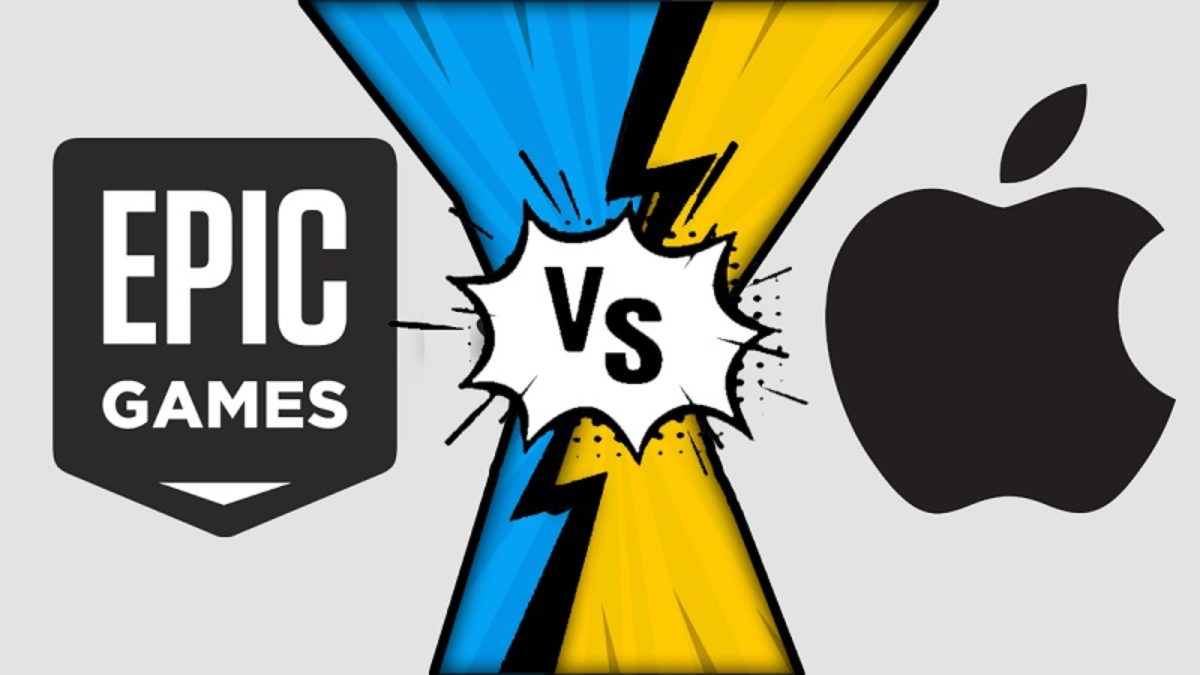
Apple wants U.S. Supreme Court to hear its challenge in its legal battle with Epic Games : Tech Live Trends
Apple says it will ask the U.S. Supreme Court to hear its challenge to a judge’s order in an antitrust case brought by “Fortnite” maker Epic Games that could force the iPhone maker to change payment practices in its App Store, reports Reuters (a subscription is required to read the article).
This is all part of an ongoing global legal battle between Apple and Epic. On Aug. 13, 2020, Epic Games announced that it had introduced a new direct payment option in the Fortnite app for iPhone and iPad, allowing players to purchase 1000 V-Bucks for US$7.99 rather than $9.99 through Apple’s in-app purchase mechanism. Shortly thereafter, Apple removed the gamer from the App Store for violating store polices and followed up by shutting down the company’s developer account.
Epic immediately filed a lawsuit against Apple in the U.S. District Court for the Northern District of California.In September 2020 Apple filed a countersuit to stop the game maker from using its own payment system for Fortnite. Apple also accused Epic of theft and sought extra monetary damages beyond breach of contract.
In September 2021, U.S. District Judge Yvonne Gonzalez Rogers ruled that Apple’s anti-steering conduct is anti-competitive, but ruled in favor of Apple on all other counts.
In a 185-page ruling, Rogers said “the Court cannot ultimately conclude that Apple is a monopolist under either federal or state antitrust laws,” but she said the trial “did show that Apple is engaging in anticompetitive conduct under California’s competition laws.” Rogers concluded that “Apple’s anti-steering provisions hide critical information from consumers and illegally stifle consumer choice.”
She ruled that Epic Games had to pay damages equal to 30% of the $12,167,719 in revenue that it collected from users in the Fortnite app on iOS through the direct payment option between August 2020 and October 2020, plus 30% of any such revenue Epic Games collected from November 1, 2020 through the date of judgment, plus interest.


